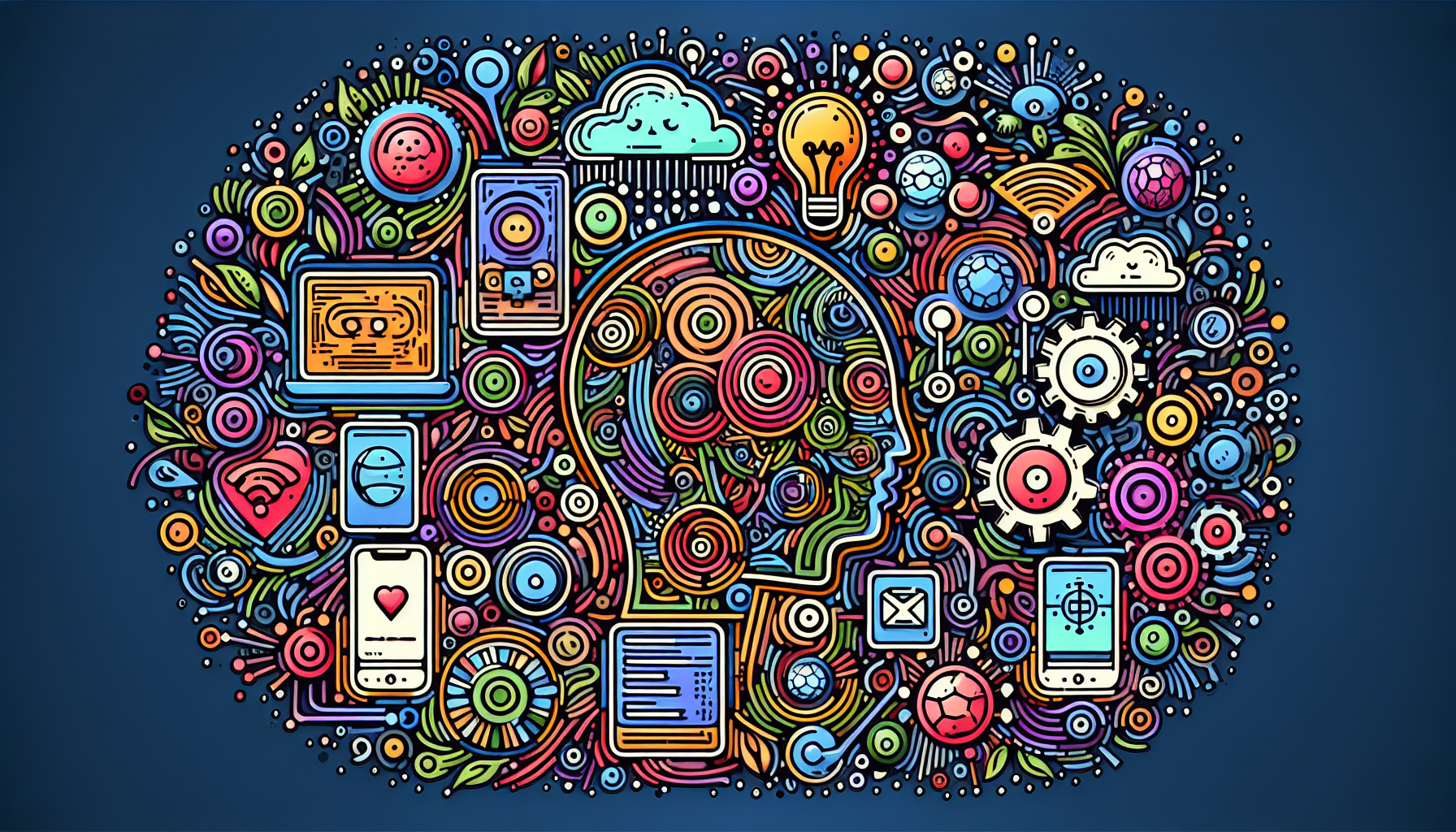AI is rapidly transforming the landscape of social media, enhancing interactions and content creation in ways that were previously unimaginable. As social media platforms strive to improve user engagement, the integration of AI technologies has become essential for delivering personalized experiences and innovative content. This post explores how AI is reshaping the social media environment, the current trends in AI applications, the challenges faced, and the future opportunities that lie ahead.
Current AI Trends in Social Media
The potential of AI within major social media platforms continues to grow. From automated content suggestions that recommend hashtags and captions to sophisticated user engagement analytics that curate personalized feeds, AI plays a pivotal role in connecting users with content that resonates with them. For instance, platforms like Instagram and Facebook are utilizing AI to analyze user behavior, allowing them to fine-tune their algorithms to offer tailored content, boosting interaction rates significantly.
Additionally, tools integrated into these platforms provide creators with AI-generated insights to optimize their posts. Some applications now allow for caption generation, enabling users to focus on creativity while leaving repetitive tasks to AI. With these developments, creators can cultivate their engagements more effectively, tailoring their content based on data-driven understanding.
Enhancing User Interactions through AI
The enhancement of user experience through AI is perhaps one of the most exciting aspects of its integration into social media. Technologies such as text-to-video generation are revolutionizing how content is produced and consumed. Through tools that translate descriptive text into video, users can create rich multimedia content with minimal resources. A recent research paper titled Improving Dynamic Object Interactions in Text-to-Video Generation with AI Feedback discusses this innovation, highlighting how AI can improve complex interactions within generated videos.
The research underscores the significance of incorporating AI feedback features to refine these models. AI can assess and provide real-time feedback on content quality, moving towards more dynamic interactions between objects in videos. This feedback loop not only enhances the realism of the animations but also promotes user-defined outcomes that align with their expectations. Imagine creating a product demo video that seamlessly showcases how items interact, all generated from your text cues, while the AI adjusts for realism based on learned user preferences.
Challenges in AI Integration
Despite its transformative potential, integrating AI within social media is not without its challenges. One major hurdle is the accuracy of AI in depicting real-world interactions. Current models often result in unrealistic animations, where objects may behave in ways that defy physics. This can lead to user frustration, particularly when content fails to meet expectations of realism.
Moreover, there is an ongoing debate regarding the balance between automation and human creativity. While AI can enhance operational efficiency, there is a risk of over-reliance on automated solutions that may stifle the creativity of content creators. It raises a critical question for marketers and creators: how do we keep the human touch alive while harnessing the power of AI?
Future Opportunities and Innovations
Looking ahead, the future of AI in social media appears promising, with numerous opportunities for innovation on the horizon. As AI technologies continue to evolve, we can expect further capabilities in content creation, including advanced moderation tools that can better identify and filter inappropriate material. This could help create a safer and more welcoming online environment for all users.
The potential for developing sophisticated feedback loops also looms large. By utilizing vision-language models, AI can significantly improve its alignment with human perceptions of quality, allowing for real-time corrections based on user-driven evaluations. This could lead to a paradigm shift in how content is generated, moving towards a model where AI not only generates but also learns from user interactions, producing content that is more relevant and engaging.
A Reflective Shift in Digital Interaction
The integration of AI into social media platforms is set to redefine our online experiences, enhancing both user interactions and content creation. With dynamic advancements and ongoing research, it is crucial for marketers, creators, and users to familiarize themselves with these emerging technologies. As we explore the capabilities of AI, we must also maintain a critical view of its limitations. The journey of AI is just beginning, and its full potential remains to be seen, inviting us all to reflect on how these technologies will shape our interactions in the digital realm.







Leave a Reply